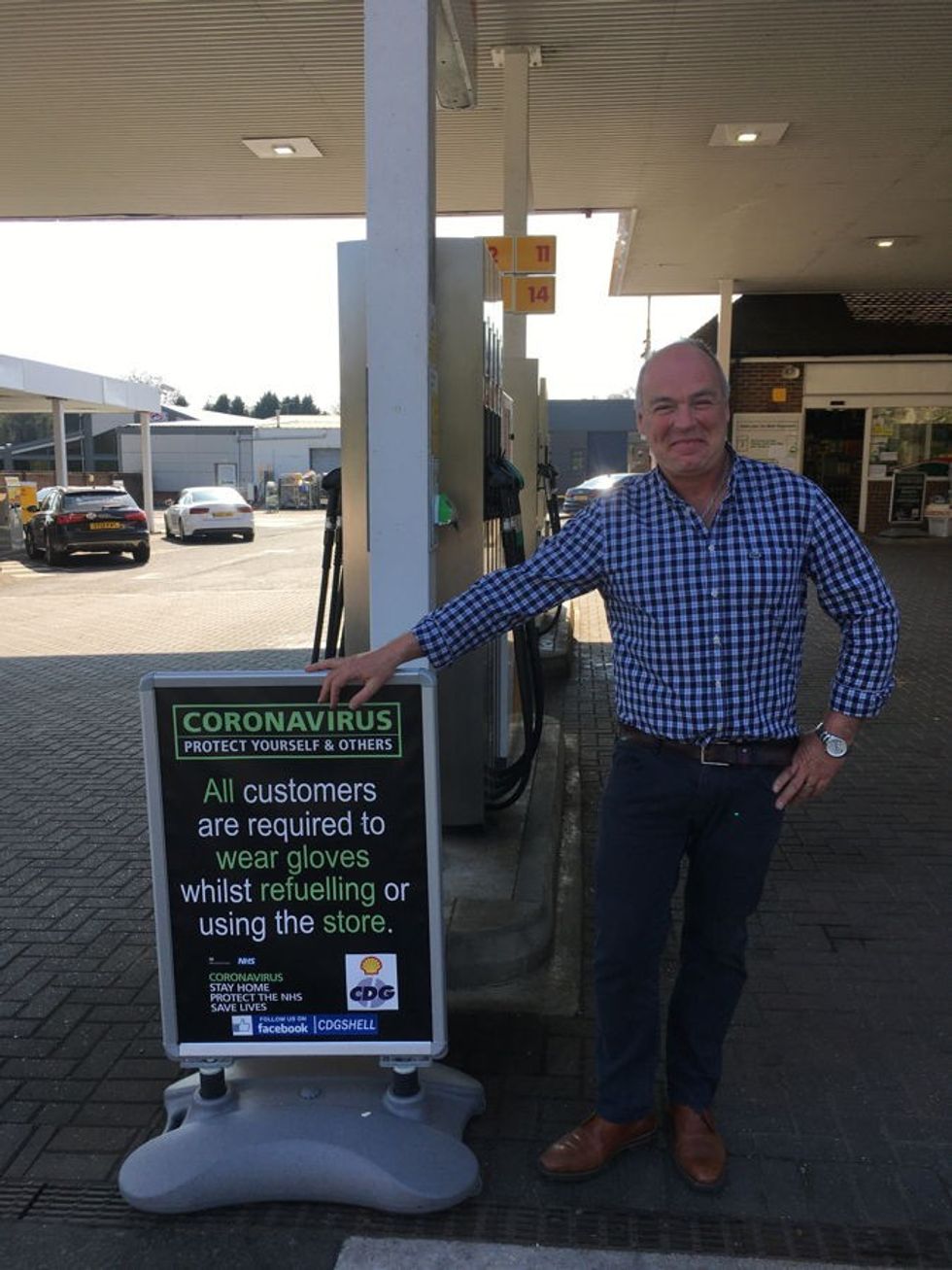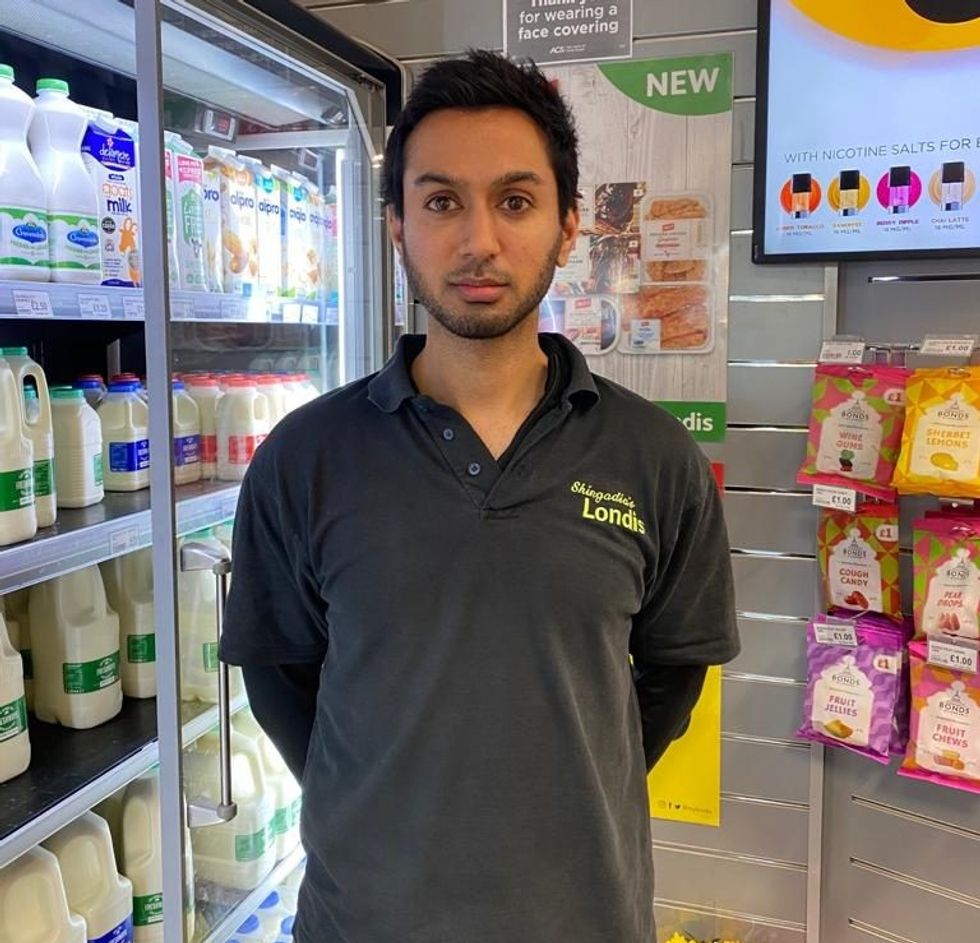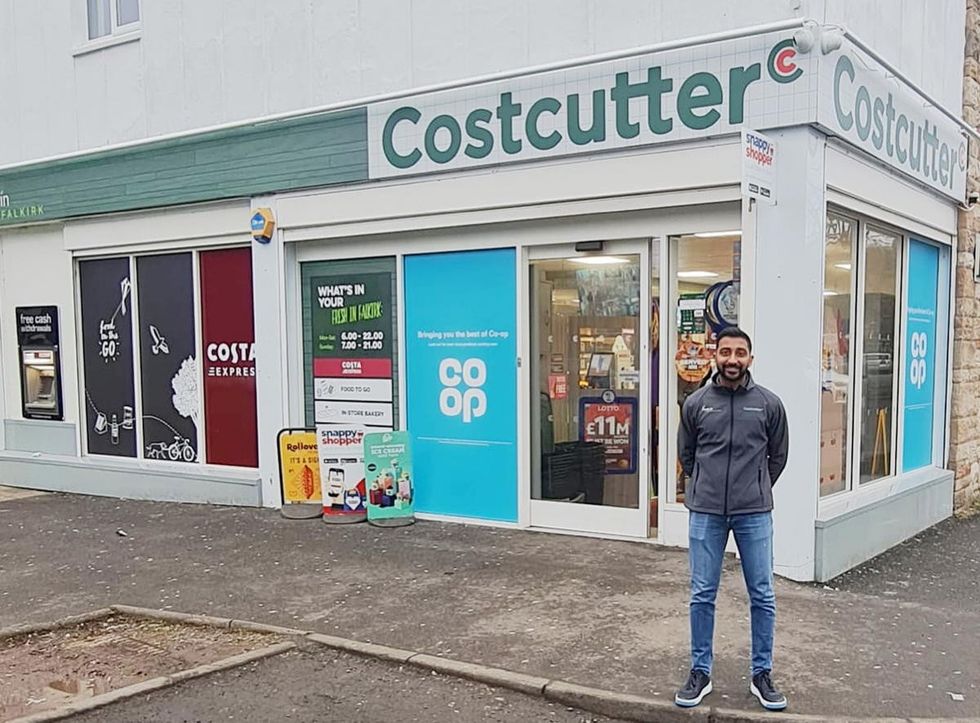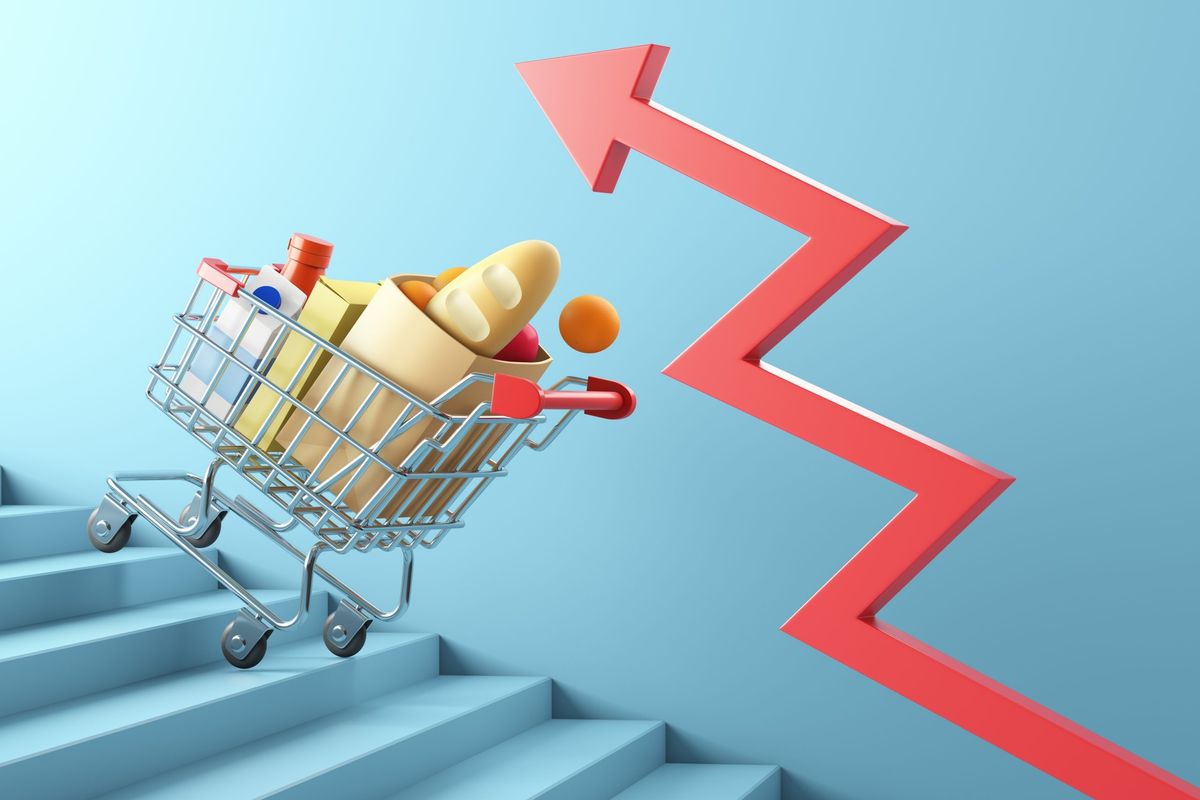Along with the issues of Brexit, stock shortages and the pandemic, 2022 has also added inflation to the list. The Bank of England expects consumer price inflation to hit six per cent in April, the highest since 1992. While its impact will be seen overall, small, independent stores need to be more careful in managing their business costs and decline in customers’ footfall in their stores. Stocking products for price-conscious customers and looking for higher margin products can help stores in this tough year.
Falkirk retailer Anand Cheema says, “Wholesale prices and utility costs have increased rapidly over the past year and ultimately, we as retailers have to claw that cost back by tightening margins, increasing prices and cutting back on staff.”

David Wyatt of Crawley Down Group, which operates a Shell/Costcutter fuel garage on the A264 between Crawley & East Grinstead, believes that there might be a decline in sales as customers will probably have less money in their pocket.
“From the customer’s perspective, there is a cost difference. The official inflation rates are way higher, so we are paying more and getting less. So, customers have less choice and that has put a lot of pressure on them. They are obviously going to offset themselves on going to supermarkets,” he observes.

“We will have to pass on the price burden to the customers. We are looking to start selling higher margin products within the store,” says Amish Shingadia of Londis Caterways and Post Office. Shingadia is also planning to go with suppliers who provide good margins, “pretty good to vaping”, which has got very good margins.
He adds, “So let me try and increase our margin for a business profit as well as reducing costs on the other side, using current staffing hours to balance my business cost.
“As a retailer we're looking to have two different ways and try and push the two different prices within our store. So, the wholesale and discounted range of products, this kind of range, does give you a valid value message. But it's not in brands: the whole branded products will go up in price. But, it will go up everywhere, so it shouldn't be detrimental.”

Regarding PMPs, Cheema feels that the margins will not increase significantly; even if there will be a rise in prices.
“Ultimately, PMP prices will have to increase. We have seen this in the energy sector due to HFSS law and this is likely to transfer over to other categories such as BWS and soft drinks in the very near future. The margins for PMP will roughly stay the same; however, there will be more emphasis on PMPs due to the value perception for the customer,” he adds.
Shingadia explains: “If the prices of PMP products go up, then it will give us a minor increase but it is never significant. The margin on PMP product is not going to have any effects to the business. What is best about PMPs is that they are very good for customers because it's cheapest, so it sends a message. But margins on every product will not improve, just because the costs are going up, therefore, they're not going to give us a better margin. They'd rather keep it with themselves and especially with Covid time, where people are losing money.”
He believes there might be some impact on sales. “But on the flip side, I think there's a lot of opportunity if retailers are smart. If you're focused on the business as being stagnant, and you just keep to that as it is, your sales will go down.
“I think Booker is looking to launch Jack's within the estate, so that would give us a very good label. Tesco family have got a very good quality of products, a very good pricing on products. So, I think that will give retailers hopefully good sales. So I'm hoping by doing all these things, we can have an uplift in sales. The very basic things would be like looking at the community, with marketing and advertisement for the local community. People respond to that. I don't think we just give enough effort to do it,” he says.
Many stores are planning to stock own brands rather than branded products. Cheema opines, “Buying has to be sharper than ever and we have to stay ahead of the game when tweaking margins. Going to own-label products is key. With Costcutter, we are lucky that we have access to the full Co-op range which allows us to compete with the multiples to a certain extent. Therefore, I will increase the level of own-label products we stock in store to combat the price increases.”
Wyatt comments, “I know customers like PMPs but the margins are cut deeper on PMP products compared to non-PMP products. I want to go with our own brands rather than brands with price marked.”
“When I look year-on-year, I see that margins have been squeezed on everything and my overall margins are rolling down. Today, customers have less money in their pocket, especially with the pandemic, job uncertainty and inflation: food is probably another big expenditure, next to buying a house.”
He concludes: “To deal with this I am stocking our own (Co-op) branded products along with the branded products, to give it to price-conscious people.”

